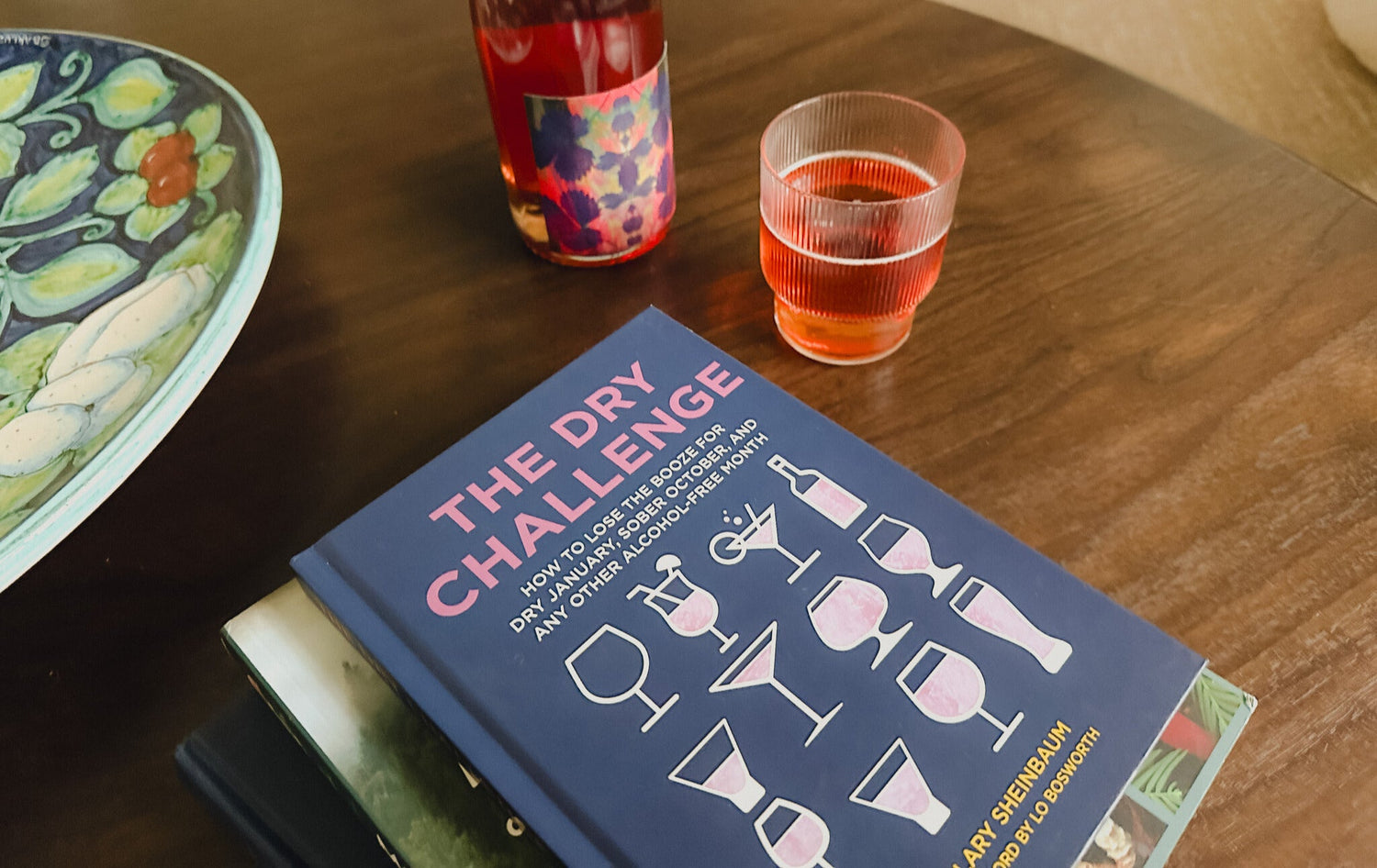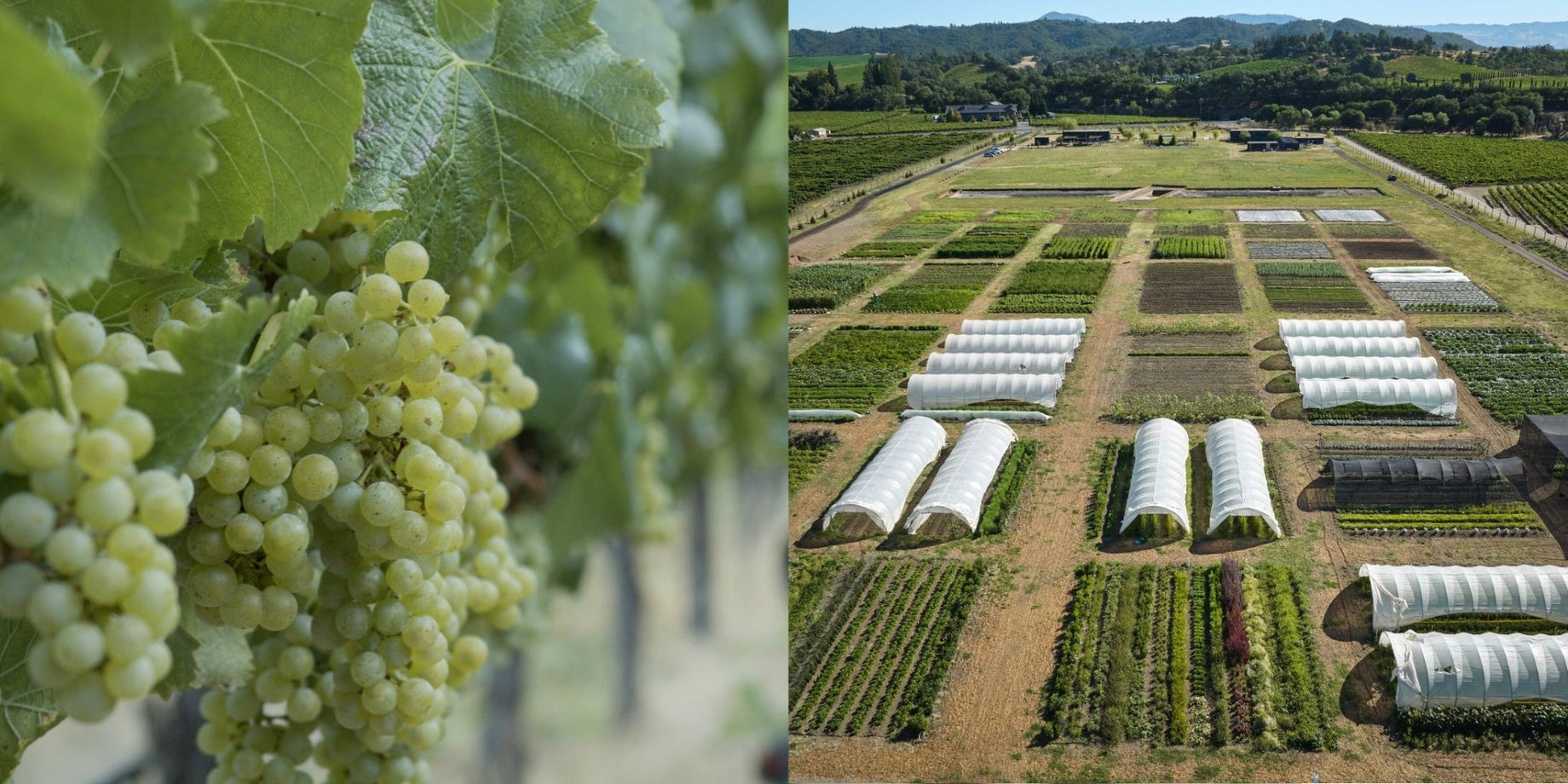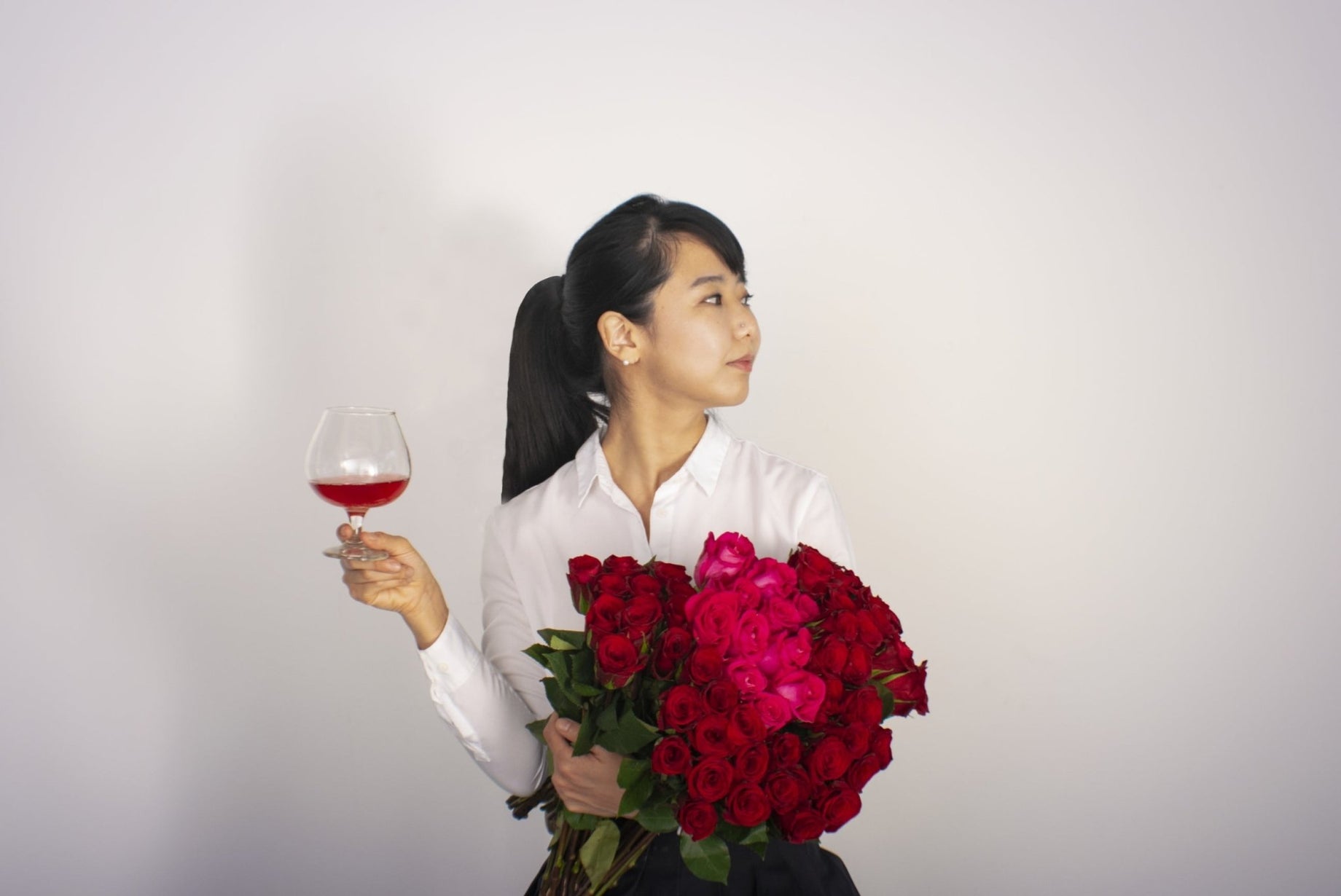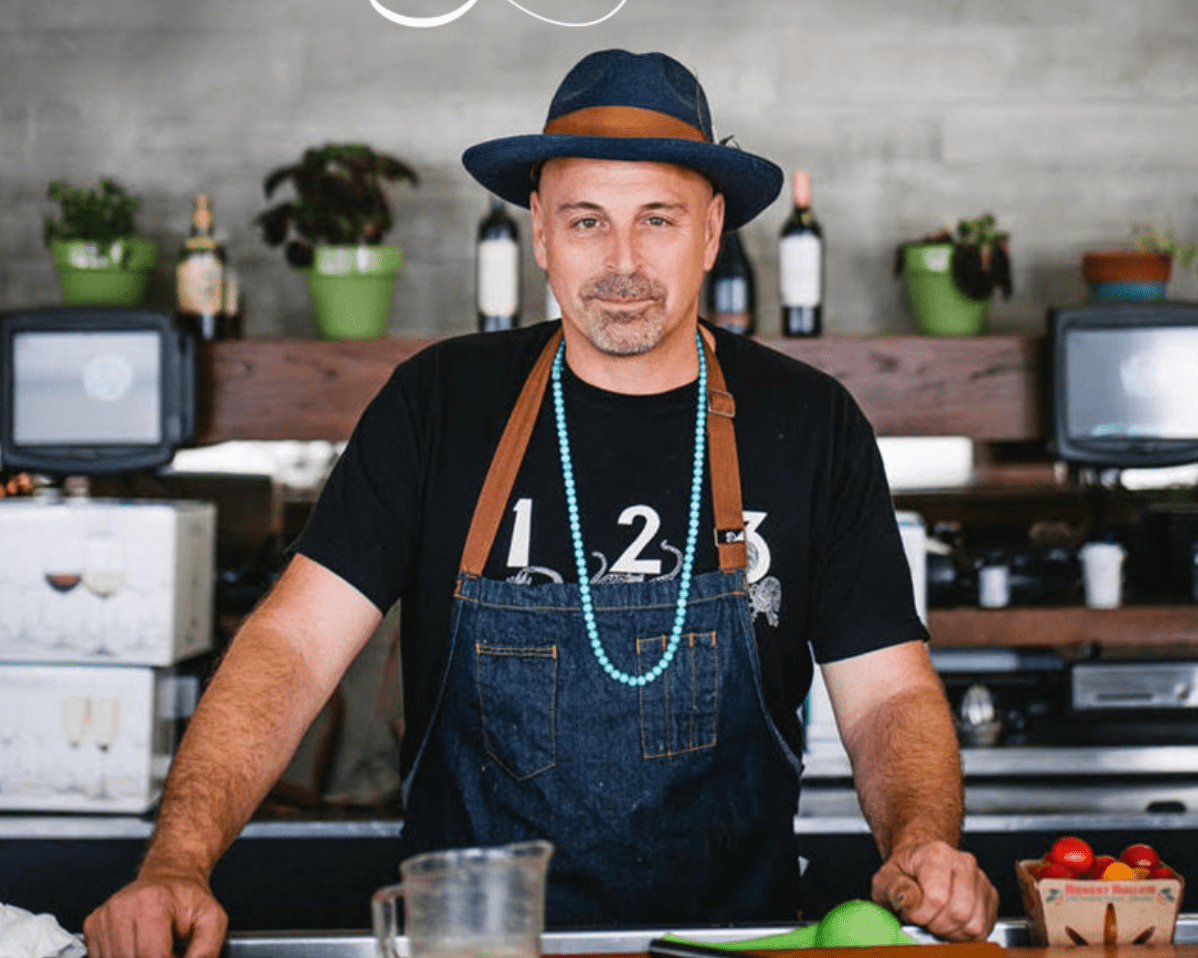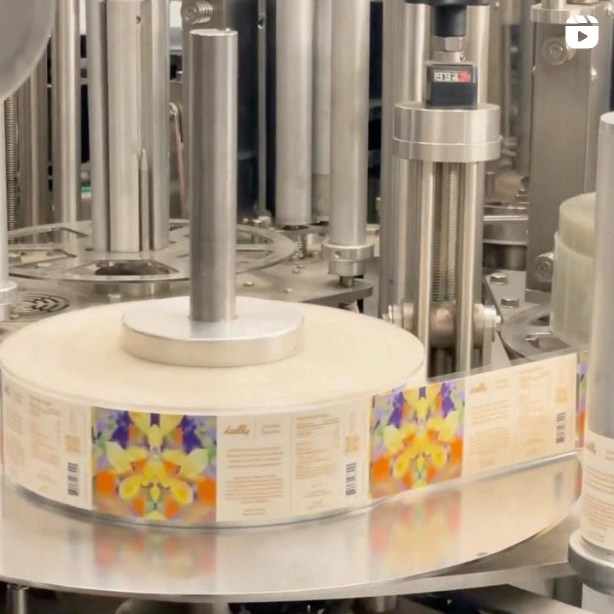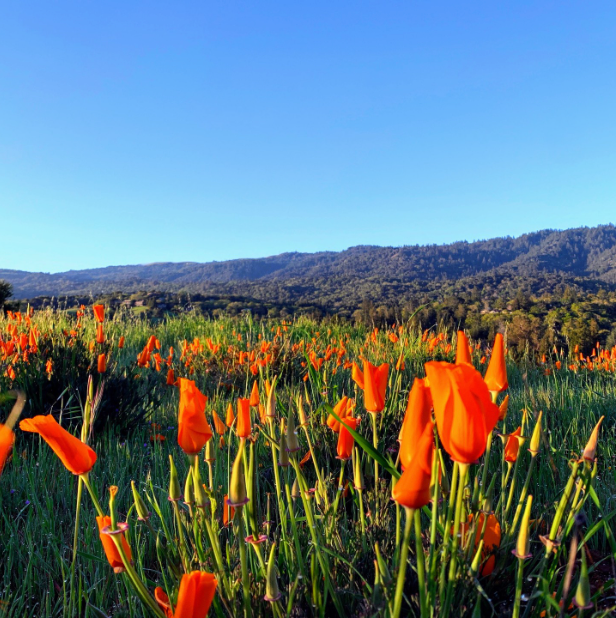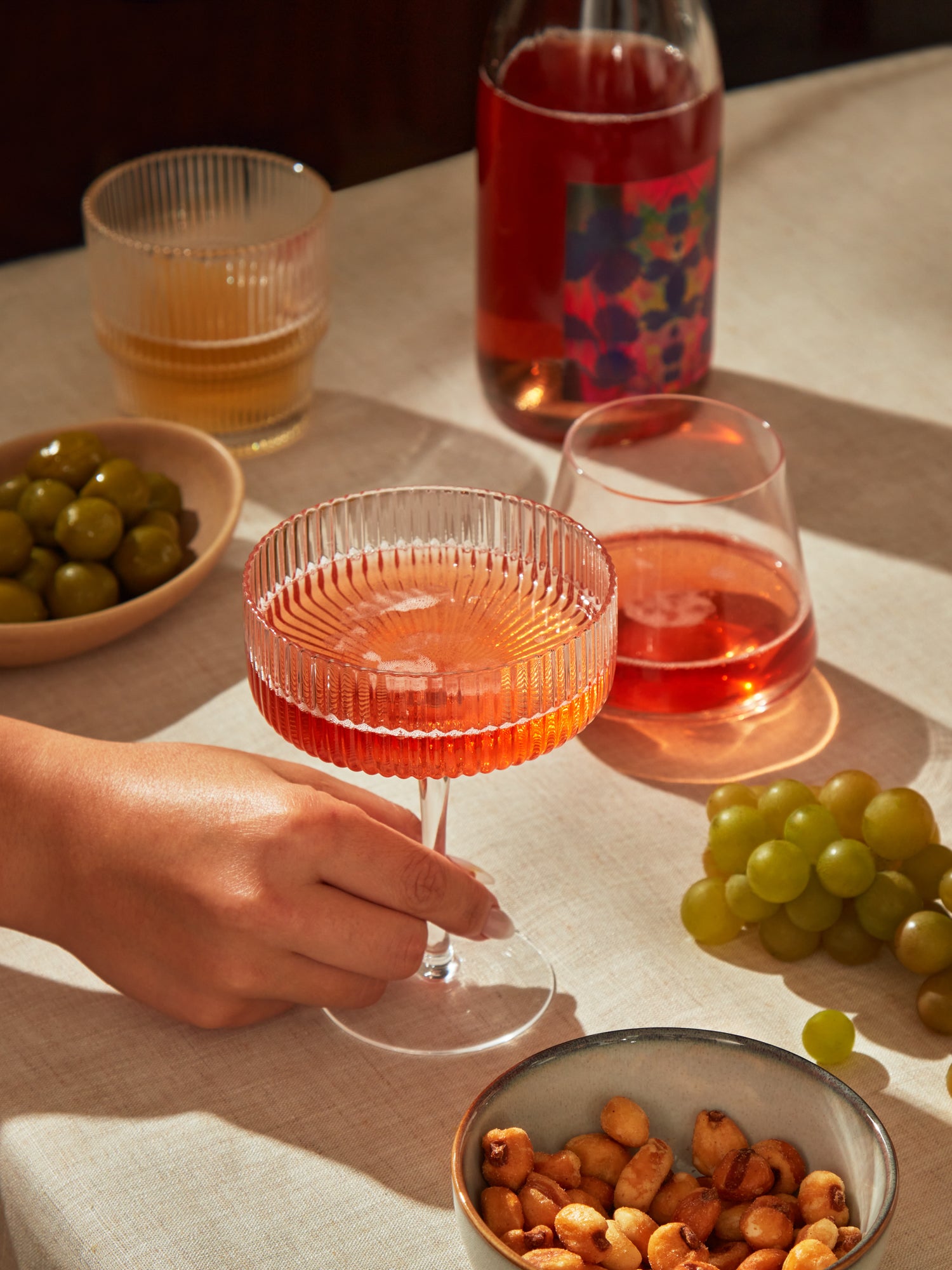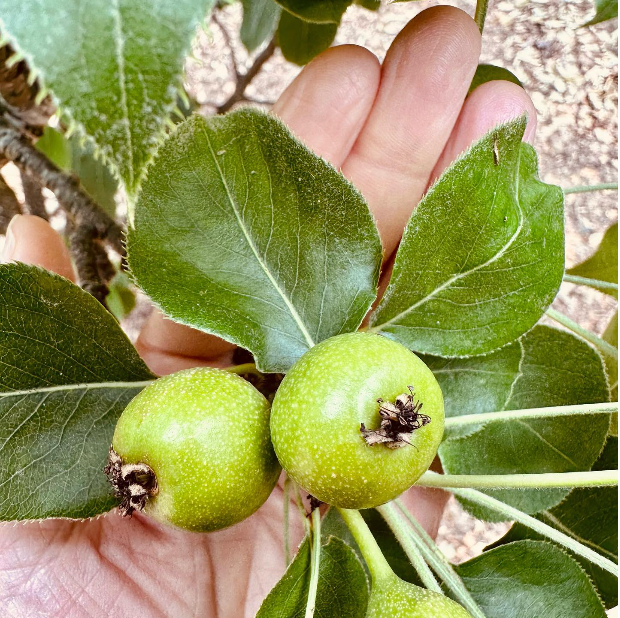It’s safe to say journalist Hilary Sheinbaum is a Dry January expert. Not only has she been participating in the ritual since 2017, but she also wrote a book, The Dry Challenge, on the topic in 2020. Her book serves as an interactive guide complete with advice, checklists, and recipes to help you navigate an alcohol-free month. (Whether that happens in January or not is totally up to you…hello, Sober October!) We caught up with the author to hear more about her experience, get her tips and rituals, and of course, find out what she’s sipping.
Your first Dry January really happened on a whim (and tied to a bet) in 2017. What made you want to keep doing it the following years?
The first time I did Dry January, I really had no idea what to expect. I made a spontaneous bet with a friend, to do a Dry Jan, just before the New Year's Eve ball dropped in Times Square. In the moments before and after committing to this undertaking: I didn't know if going alcohol free for 31 days would be life changing. (Spoiler alert: it was! and I really don't use that term lightly!)
During that first cold, gloomy month, I experienced so many amazing benefits: clearer skin, better sleep, financial savings and more. Every year, I've gone back to do it again and again because I felt so good, both physically and mentally. Especially after the holiday season—read: tons of opportunities to drink—it was nice to look forward to a period of time where I knew that I would have a break from booze, and everything that entailed: including a break from occasional hangovers.
What advice would you give to someone doing Dry January (or any other month) for the first time?
Recruit a friend. There's strength and solidarity in numbers. Having someone to plan activities with, that are unrelated to drinking, is super helpful. And you can also relate and vent to each other if things get tough or awkward! (Pro tip: make a bet with a friend. I did, and it kept me accountable.)
Be kind to yourself. Alcohol is literally everywhere: at celebrations like birthdays and weddings, used in moments of grief, and everything in between from sports games, to dating, to feeling bored. Giving up alcohol, for even a short period of time, can be a challenge, so if you have one drink during Dry January: not all is lost. Start again where you left off and call it a one-drink-Jan.
Try nonalcoholic beverages. Nonalcoholic wines, beers, spirits and cocktails have evolved so much in the past couple of years, and they are a great alternative to alcohol. Also, try more than one! Just like wines, beers and spirits with ABVs, not all are created equally. You have to experiment a little to find what you like.
(It's also important to note that dry months/ Dry January/ dry challenges are not a recovery method or a substitute for recovery practices.)
What are your Dry January essentials?
In no particular order: exercise, sleep, socializing with friends, nonalcoholic beverages, fun things to look forward to (whether that's a dry function or a vacation) and ice cream. One thing that no one tells you—or that I didn't know going into Dry Jan— is that when you give up alcohol, you're going to crave sugar. At least, I did/do. So, I always keep ice cream or sweets handy! I know, I know—sugar isn't great for you. But, hey, it's the truth!
If someone isn’t ready to go completely dry and just wants to cut back for the month, where do you suggest they start?
Damp January is totally a thing! Cutting back any amount of alcohol is also helpful. The same advice applies to cutting back as doing a dry month, but I also would suggest— in order to accurately account for how much someone is cutting back—tracking how many drinks you consume the month/week before (if you have enough time before committing to a Dry Jan). And, certainly, even if someone's month isn't 100% dry, there's always an opportunity to make every other drink a glass of water, or the nonalcoholic version of a beverage, if you aren't already doing so!
For many, drinking and socializing go hand-in-hand, whether it’s at a work function or with friends. How do you deal with abstaining in these settings?
If I'm hosting a gettogether, I make sure there are nonalcoholic beverages available. There's an app called Better Without that identifies bars and restaurants in your area that serve nonalcoholic options in addition to alcoholic beverages. It's so important to have inclusive beverage options, just like it's important to have food options for specific dietary restrictions.
What are your go-to nonalcoholic cocktail orders if you’re going out in January? What do you keep on hand at home to drink?
My nonalcoholic cocktail order often depends on my mood, but I'm a big fan of the Free Spirits and FLUÉRE cocktails at Unlisted on the Lower East Side. There's a N/A matcha cocktail on the menu that is so good. At home, if I'm feeling creative, I make a French '89 (Damrak 0.0 Gin, Twisted Alchemy Cold Pressed Lemon Juice, and nonalcoholic sparkling wine), which is my N/A spin on the French 75. Or, I'll pour a glass of Giesen 0% wines—I'm very into the riesling and rosé these days—or Kally Rosé Sparkler, or a bottle of Curious Elixirs ready-to-drink N/A cocktails over ice. Neither of these options require bar tools or prep.
Do you have any Dry January traditions?
I throw Dry get-togethers! I really practice what I preach. I take the lead on making plans in my friend group and often organize dinners with nonalcoholic beverages, or workouts followed by nonalcoholic happy hours. The first few years I participated in Dry January, my tradition was to end the month with a glass of wine, or a cocktail, or two. I don't do that anymore! In more recent years, I've extended my dry period into February.
Another tradition I have is checking in with a sober pen pal. In May 2020, The New York Times published an article I wrote about giving up alcohol in March 2020 while living in New York and sheltering in place. After the story ran, a mom of two emailed me to tell me that she read my story while she was drunk in bed and cried. She knew that she needed to give up alcohol for the sake of her family and being a better version of herself. At the end of 2020, she wrote to me again and told me she bought my book and had celebrated six months of sobriety. I write to her every year to check in. We've never met. I don't know where she lives or what she does for a living. But, it's nice to hear when your stories and books make a difference. That's been a tradition, going on a couple years now.
How has your participation in Dry January impacted how you drink (if at all!) during the rest of the year?
There are stats and research (out of The University of Sussex) that shows: people who participate in dry months tend to drink less in the months that follow. I am definitely part of that stat. Over the past 8 years, my relationship with alcohol has evolved and my consumption has dwindled. I went from writing about food & beverage—and much of that being wine, beer and spirits—for work, to writing a book about not drinking for dry months. I'm not 100% sober, and I don't claim to be—I never want to mislead anyone in that regard. I am a huge proponent of drinking nonalcoholic beverages so I always like to compare NA wines, beers, spirits and cocktails to the full-proof versions.
It's so crazy to think about how a silly bet, that could have been an insignificant moment in time, changed the course of my career, my lifestyle and my life in general.
